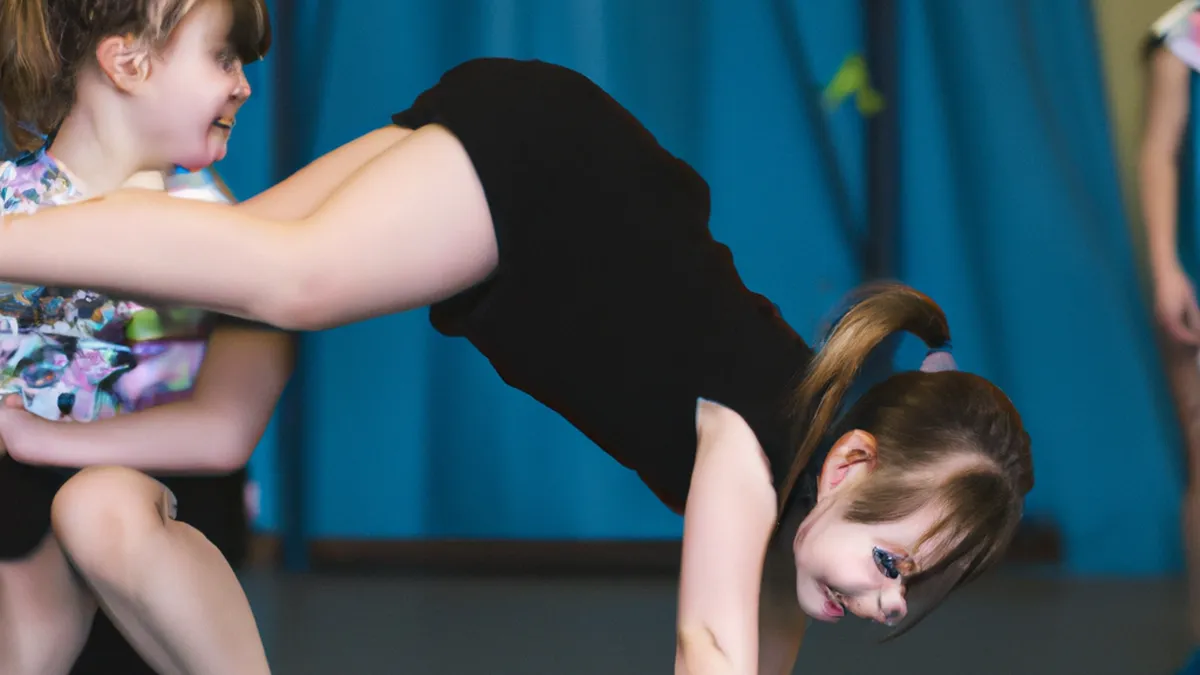Crawl Like a Baby, Thrive as an Adult
Crawling as a Form of TherapyCrawling supports early childhood development by enhancing motor skills, coordination, and cognitive abilities. Recently, therapists have recognized crawling as a beneficial practice for both adults and children. Crawling exercises can improve physical health, emotional well-being, and cognitive development. This blog explores the unique therapeutic benefits of crawling.
Understanding Crawling Therapy
Crawling therapy uses crawling movements as a therapeutic tool. It emphasizes natural movement patterns that many individuals lose with age. While infants crawl instinctively, adults can greatly benefit from rediscovering this primal movement.Crawling activates multiple muscles and stimulates brain function. It engages both sides of the body and brain, promoting coordination and balance. This simple action profoundly impacts overall health, improving posture, reducing injury risk, and increasing core strength. Crawling employs a full-body movement that enhances motor skills and cognitive processes.
The Science Behind Crawling
Crawling holds significance in developmental psychology and neuroscience. Research indicates that crawling engages both brain hemispheres, enhancing inter-hemispheric communication. This improvement benefits cognitive functions like memory, attention, and problem-solving skills.Additionally, crawling promotes bilateral coordination, synchronizing both body sides. This coordination proves essential for physical activities and cognitive tasks requiring multitasking and complex thinking. Incorporating crawling into daily routines revitalizes neural pathways and enhances cognitive function.
Tips for Incorporating Crawling into Your Routine
As an Amazon Associate I earn from qualifying purchases.
Gear tip: consider ergonomic footrest, insulated water bottle, and anti chafe balm to support this topic.
If you want to try crawling therapy, start slowly. Here are practical tips for getting started:
1. Create a Safe Space
Find a safe area for crawling. A soft surface, like a carpet or yoga mat, works best. Clear obstacles to prevent injury. Consider designating a “crawling zone” in your home for easier daily practice.
2. Start with Short Sessions
Begin with short crawling sessions, aiming for 5 to 10 minutes. Gradually increase the duration as you feel comfortable. Consistency is vital for seeing results. Use a timer or listen to music to enhance enjoyment during sessions.
3. Focus on Your Breathing
Pay attention to your breath while crawling. Inhale deeply through your nose and exhale through your mouth. This practice enhances relaxation and mindfulness during sessions. Using breath as a guide helps maintain a steady rhythm and prevents strain.
Conclusion
Crawling offers diverse therapeutic benefits. This gentle movement can enhance physical health, emotional well-being, and cognitive function. Incorporate crawling into your routine for improved overall health.
Below are related products based on this post:
FAQ
What is crawling therapy?
Crawling therapy uses crawling movements as a therapeutic tool to enhance motor skills, coordination, and cognitive abilities. It emphasizes natural movement patterns that individuals often lose with age, benefiting both adults and children alike.
How does crawling benefit cognitive function?
Crawling engages both brain hemispheres, which improves inter-hemispheric communication. This enhancement benefits cognitive functions such as memory, attention, and problem-solving skills, making crawling a valuable practice for cognitive development.
What are some tips for starting crawling therapy?
To start crawling therapy, create a safe space with a soft surface and clear obstacles. Begin with short sessions of 5 to 10 minutes, gradually increasing the duration, and focus on your breathing to enhance relaxation and mindfulness during practice.















Post Comment